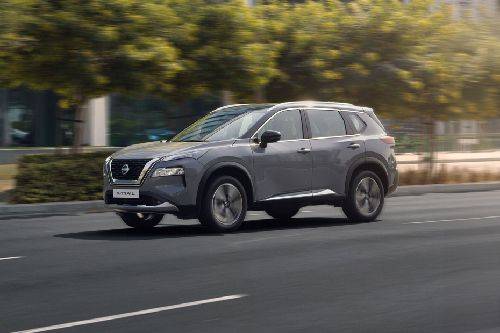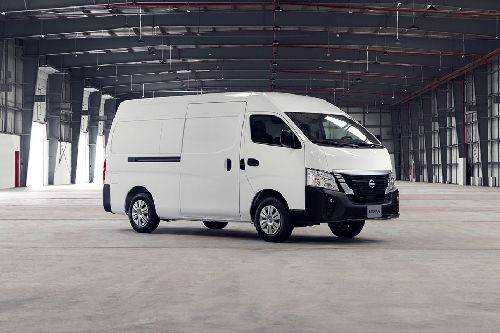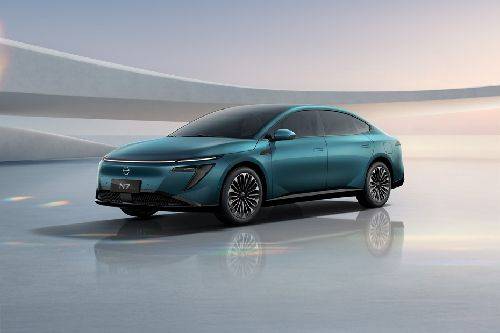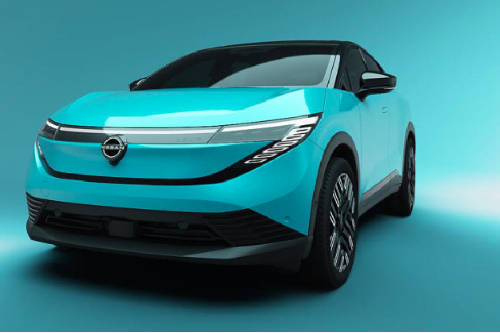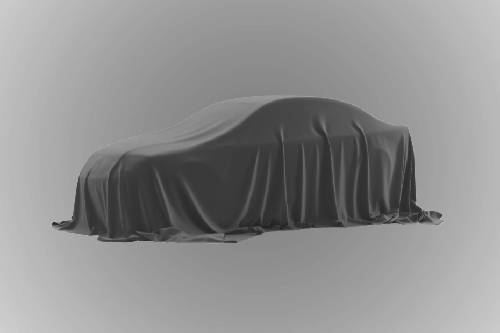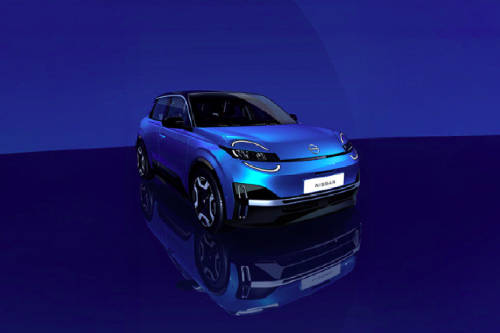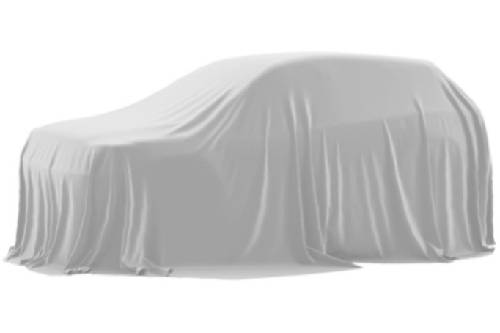Nissan demonstrates lightweight, noise reducing meta-material

ABU DHABI: Japanese automobile giant Nissan Motor has displayed a lightweight, noise reducing meta-material at the Consumer Electronics Show (CES) 2020 being held at the World Trade Center in Las Vegas. Nissan claims that the material will make car cabins quieter, and at the same time, would boost energy efficiency.
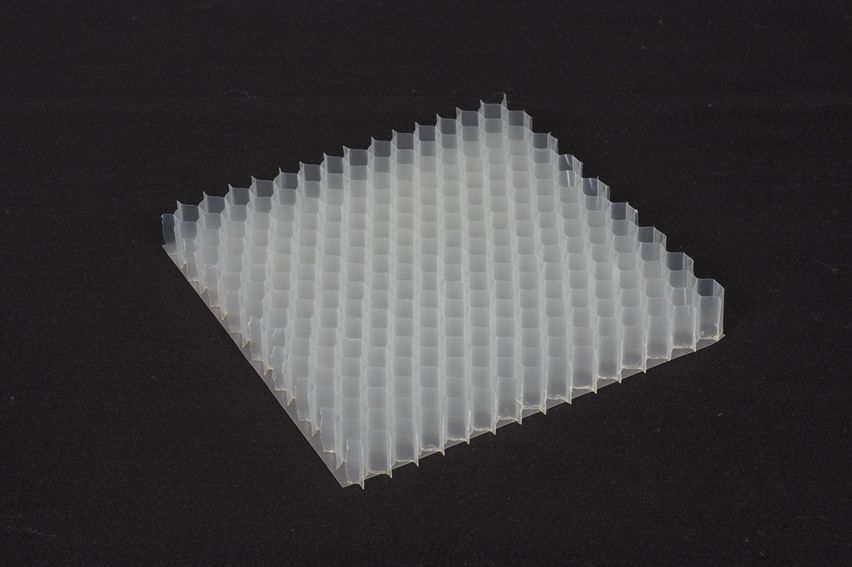
The company began its research on the material in 2008. Back then, it was used in highly-sensitive antennas deployed for electromagnetic wave research. The Yokohama-headquartered company plans to expand the scope of the technology to include sound waves.
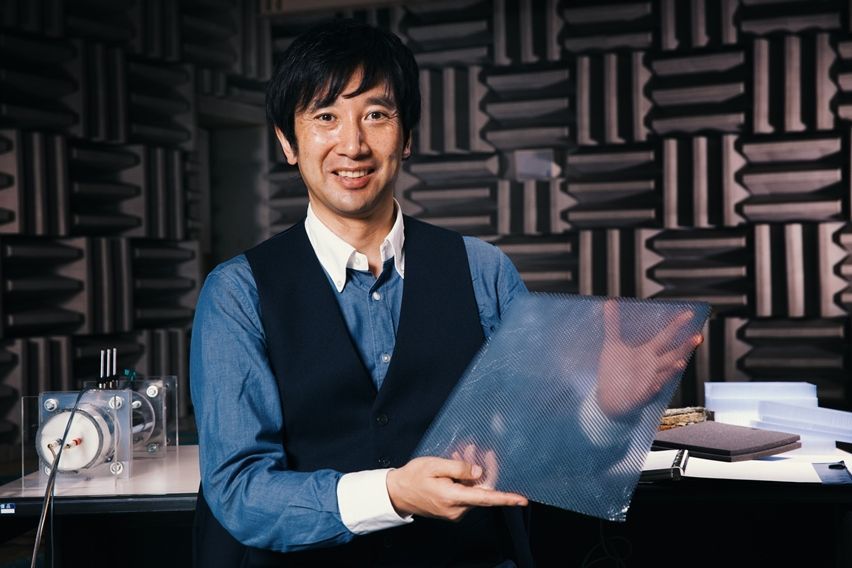
Susumu Miura, an advanced materials engineer at Nissan, was actively involved in developing the almost holographic, translucent material. The noise insulator made from a lattice structure, covered by a plastic film. It reflects 500-1,200 hertz wide frequency band noise. These include wind and road noises. The meta-material limits the entry of outside noise into the car’s cabin.

The new material, according to Nissan, provides the same level of noise cancellation like traditional rubber boards used in insulation. However, Nissan’s material is 75 percent lighter than rubber boards, while the simple structure makes it cost-competitive. The price of the material makes it useful for vehicles where the traditional sound insulation methods can’t be used because of cost or weight issues.

Experts believe that the new meta-material is especially significant since the global automobile industry is increasingly moving towards electric vehicles (EVs). The sound from a running combination engine often cuts off outside noise. EVs on the other hand have almost zero noise emissions which make outside sound more prominent inside the cabin. This is currently countered by adding heavy insulation which reduces the mileage of an electric car. The new material is expected to significantly improve comfort levels of driving an EV.
The new material is a combination of a lattice structure and plastic film, which together control air vibrations to limit the transmission of wide frequency band noise (500-1200 hertz), such as road and engine noise. Currently, automakers block this frequency band using heavy rubber boards. Nissan’s new acoustic meta-material weighs one-fourth as much as these while providing the same degree of sound isolation. Nissan claims the material’s simple structure lets them keep its cost-competitive.
There are several aspects of an automobile that the general public tends to take for granted. One such that most of us don’t give much thought is sound deadening. While noise isolation has always been important to keep the sound of an engine away from the cabin, it is equally vital for electric cars. The lack of noise from an engine makes it even more challenging for engineers to mask road and air noise in an electric car’s cabin.
Also Read: Nissan Patrol - Variants explained
Nissan Car Models
Automotive News and Reviews
- Latest
- Popular
You might also be interested in
- News
- Featured Stories
Featured Car
- Latest
- Upcoming
- Popular




